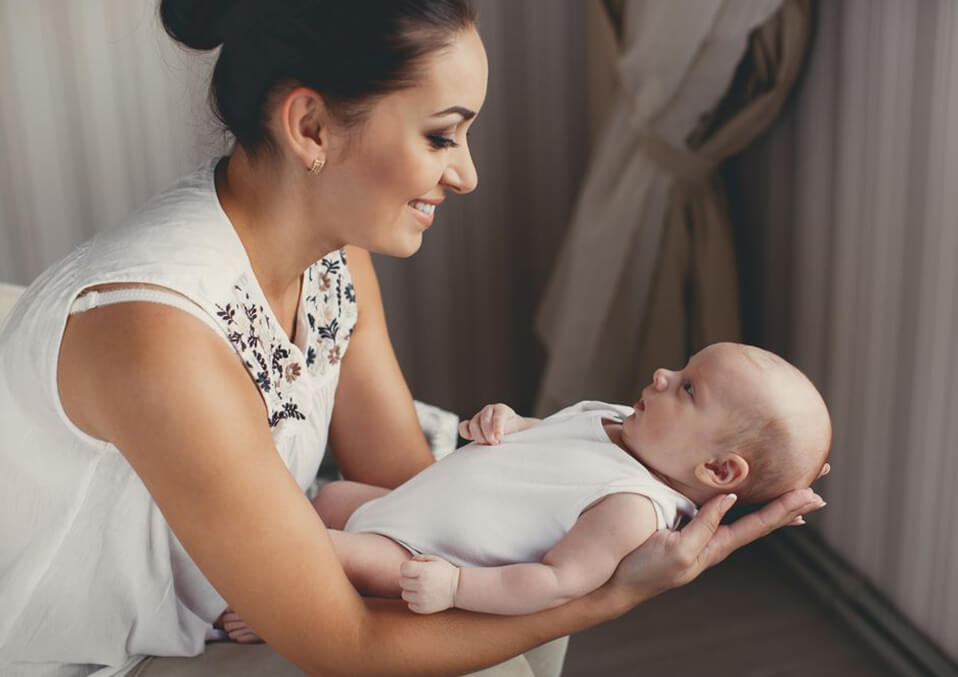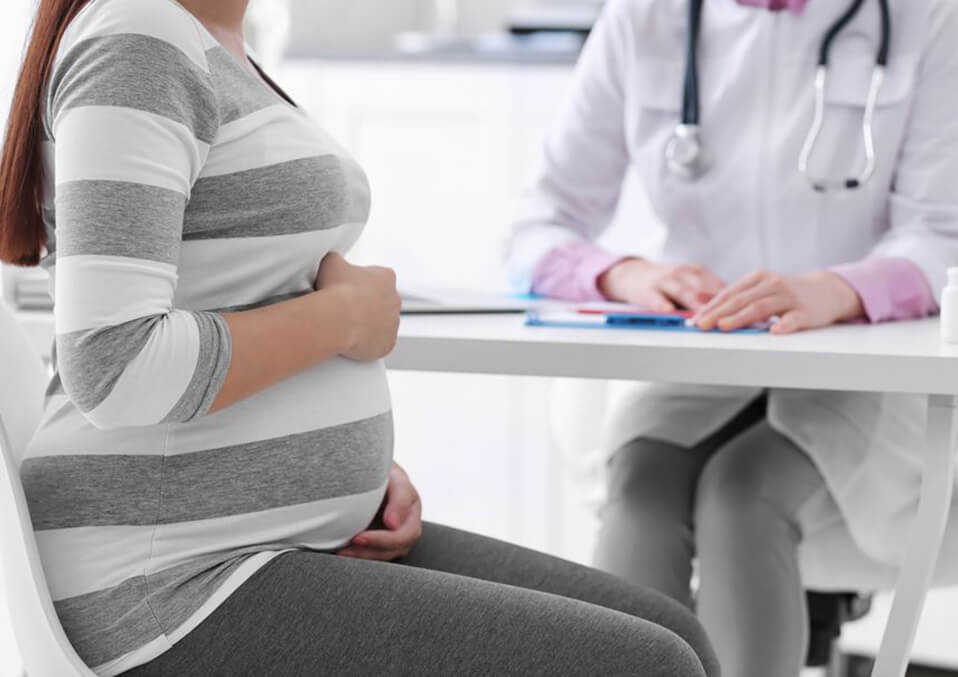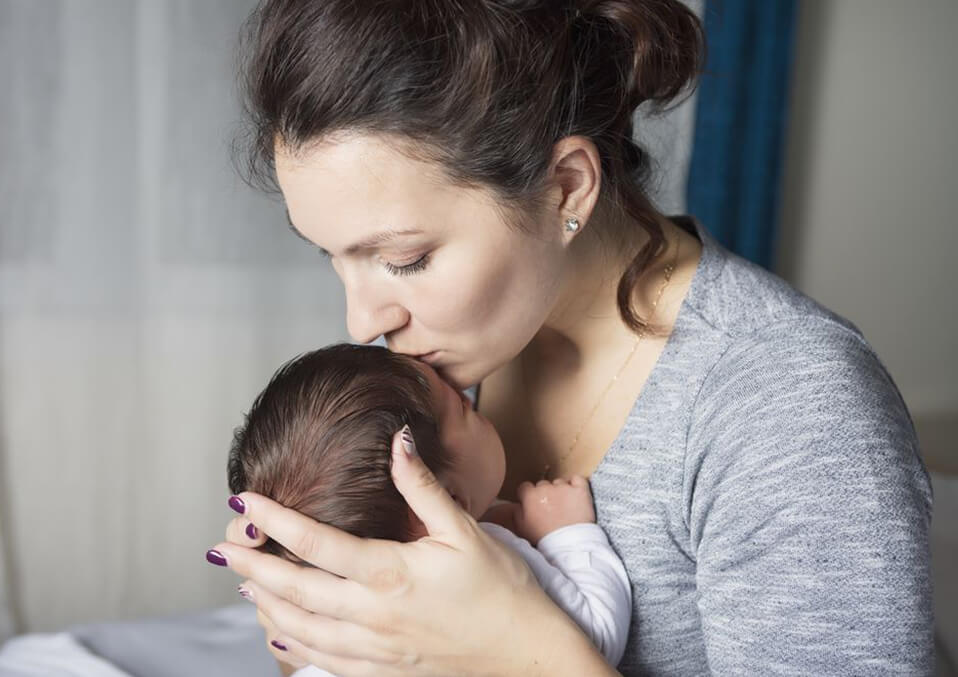Congratulations! You did it! You delivered a healthy human being to this world! With all the excitement, mixed emotions, and unwavering patience, you are now officially a mother or a mother again (if this isn’t your first time)! Despite the celebration of motherhood, it is inevitable to experience a lot of changes and your hormones after giving birth may give you feelings of anxiety of when you’ll be back to the ‘normal you’ again. Hormonal imbalance after pregnancy really happens. Fortunately, it can be managed if you understand where it is coming from.
How does a mother adjust to hormonal imbalance after pregnancy?

A mother’s body endures a lot of changes even before she gives birth to her baby. One of these changes are linked to hormones that fluctuate even after giving birth. These hormones affect a mother’s body and eventually impact her emotional health.
After pregnancy, your body is still feeling all sorts of changes. Your energy level couldn’t meet your daily tasks and you feel so emotional making you to burst out and cry every now and then. You may feel exhausted most of the time and dealing to your new baby seems to be a tough job for you. The pregnancy weight, pain, and scars may bother you to the extent that you don’t want to look at the mirror anymore.
A lot has changed and baby blues start coming in. You become emotional, moody, sensitive, irritable, and impatient. All these are brought by postpartum hormones and the good thing is, these are all normal. Nevertheless, it is essential for every new mother to know about hormonal imbalance after pregnancy and to learn some tips on how to reduce its overwhelming effects.
What are the different types of hormones and how are they affected by childbirth?
There are different hormones produced by a woman’s body during the time they are pregnant. Each hormone plays an important role in maintaining the body up to childbirth. The hormones are as follows:
1. Relaxin
Secreted by the ovaries, uterine lining, and placenta, relaxin prevents the muscles from contracting which hinders premature childbirth. It also helps at the end of pregnancy by softening the cervix, promoting rupture membranes, and relaxing the pelvis for an easy delivery.
2. Oxytocin
Oxytocin is a labor and breastfeeding hormone. These hormones are responsible for muscle contractions during labor and aids in the movement and circulation of breastmilk in the breast. Also called “hormone of love,” oxytocin has something to do with trust, anxiety and sexual arousal.
3. Prolactin
Prolactin helps in milk production and stays in your body from pregnancy until you stop breastfeeding. Moreover, it also affects your immune system, metabolism, and mood after you have given birth.
What are the symptoms of hormonal imbalance during pregnancy?

Giving birth creates an imbalance in your hormones. As a result, the mother faces a number of issues with their physical and emotional health. The following are the common symptoms of hormonal imbalance after childbirth.
- Insomnia
- Excessive fatigue
- Hair Loss
- Acne
- Difficulty in losing weight
- Depression
- Anxiety
- Mood Swings
- Headaches
Tips on how to get your hormones back on track
Right after giving birth, you may experience the overwhelming physical and emotional effects of postpartum hormones. Needless to say, mothers want to know how long they will have those symptoms. Every woman is different but there are a lot of ways on how to balance your hormone levels after you deliver your baby to the world.
1.Minimize your carbohydrate intake
Avoid eating too much bread, pasta, and rice as they can just make you gain weight.
2. Go for fiber-riched food
Fiber has the capacity to eliminate estrogen thus triggering your hormones to be balanced.
3. Work out
Get your body moving and sweating out to release the stress and tension away!
4. Avoid soy products
Soybeans are known to have substances that replicate estrogen in humans. Soy products can put down the functioning of the thyroid that can lead to hormonal imbalance.
5. Say no to caffeine and alcohol
Drinks with caffeine can add up to estrogen control while alcohol prompts the imbalance levels of hormones.
6. Take supplements
Ask your doctor about the best vitamins and minerals supplements for you that will aid to balance your hormones.
How to treat your postpartum hormonal imbalance

Though they are normal, baby blues affect a mother’s day-to-day activities. However, there are ways on how to rebalance your hormones after pregnancy.
1.Get some help
A solid support from your family and friends can help relieve symptoms such as mood swings, fatigue, and irritability. If someone offers help to do the household chores for you such as cooking or tidying up, accept it. Getting some help somehow gives you the chance to take a rest, relax, and ease your mind.
2. Find time to exercise
Exercising is a good way of reducing stress and balancing your hormones. It helps you to release the negative vibrations by moving your body and sweating out.
3. Go out with loved ones
Spend some time to breathe by finding a great time for date night or stroll at the park with your dog or best friends.
Baby blues brought by hormonal imbalance after pregnancy is completely natural. But, it is imperative for mothers to be knowledgeable enough about the serious postpartum symptoms and how they can affect your daily tasks. Keep in mind that severe symptoms shouldn’t be ignored and should always be consulted with your doctor to avoid complicated issues as well as to know the best treatment options for you.
Read also:
- The Pregnancy After the Hysterectomy
- Mood Swings And Pregnancy: How To Manage Your Mood?
- Stomach Pouch and How to Lose it During and After Pregnancy


